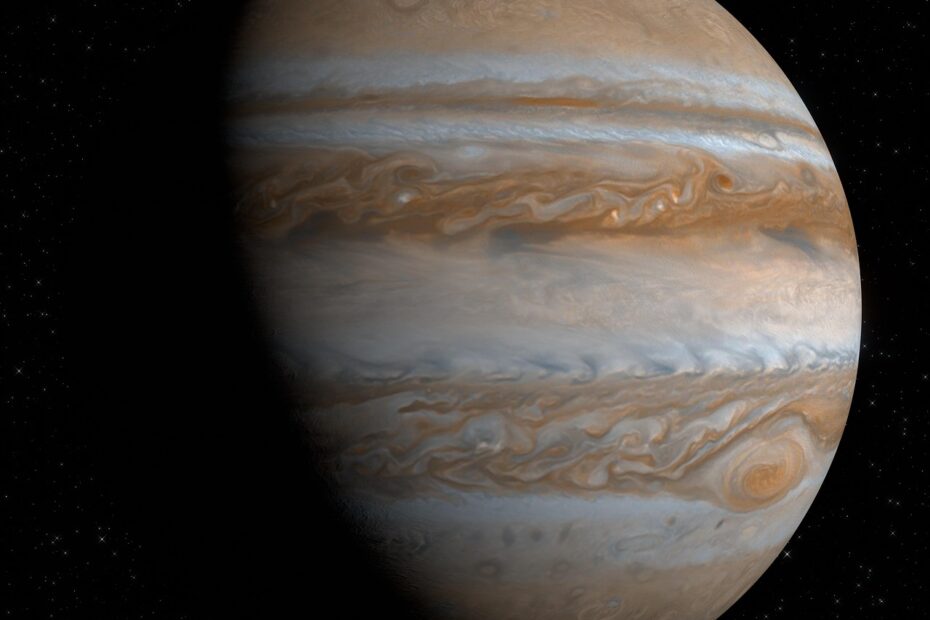Jupiter’s moons could reproduce stem cell types, which could give rise to leukocyte types.
These leukocyte types could metabolize lactic acid from tissue or organ types, and this lactic acid, depending on the leukocyte, transforms it into an antibody specialized for that organ.
Jupiter may be related to the liver, and the liver metabolizes molecules for the leukocyte types, which represent the moons. When the liver transforms a protein for a tissue cell, Jupiter could absorb comets, which cause a specific moon to ascend, and depending on the type of protein, one moon or another of Jupiter may ascend and separate from the planet. It may also be related to the pancreas.
When we have cancer in an organ, be it skin or colon, it contains proteins and lactic acid, and if it doesn’t have the leukocytes for that specific type of lactic acid, a moon of Jupiter may be very low or descend to the planet.

